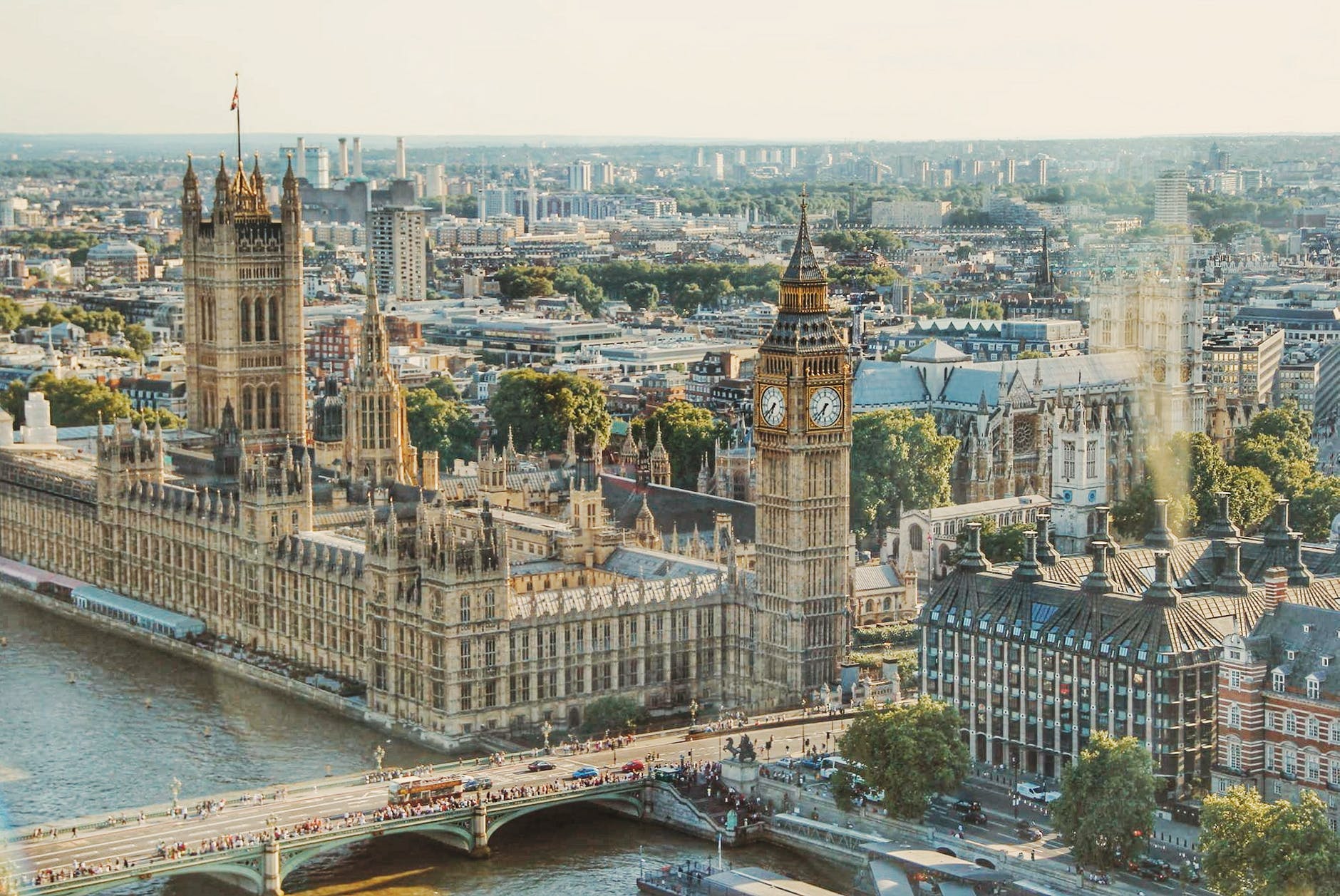
By Professor John Bryson
Department of Strategy and International Business, University of Birmingham
COVID-19 has been responsible for many deaths and long-term illnesses. Nevertheless, the UK is already experiencing a much more important national crisis that will change lives and impact on mortality and morbidity rates. This crisis is climate change. The UK must increase preparedness and responsiveness to climate change, and this will radically alter everyday living.
Politics is a great game in which opposing parties try to place one another at some form of political disadvantage. On Tuesday 11 May 2021, Boris Johnson responded to a question by the Liberal Democrat leader, Sir Ed Davey “on behalf of bereaved families” by stating that a public inquiry would be held on the government’s handling of the COVID-19 pandemic.
Labour’s Karin Smyth then raised concerns about the scope of the inquiry and stated that “for those of us who worked in emergency planning, we were shocked at the initial responses”. Jeremy Hunt, the Conservative MP, also stated that it would be “crazy” to hold such an inquiry during the pandemic as this would be to “ask ministers and officials to spend time with lawyers going through emails, texts and Whatsapps when we want their entire focus to be on the pandemic”. Such an inquiry will be held in spring 2022 and will take two or three years and cost perhaps £40-60m. Arguably, this could end up being a waste of time, effort, and money.
I have very mixed reactions to the call for this type of public inquiry. This could possibly end up being an exercise in which journalists, opposition parties and academics criticise the government that was in power, but with the benefit of hindsight. Of course, the right decisions should have been made and these ‘right’ decisions are now obvious but were not obvious at the time.
Smyth is concerned that the inquiry must explore “the state of preparedness before COVID actually struck this country”. This must include a focus on the role opposition parties played in preparedness as well as tasks and processes that should have been put in place by other governments. Thus, part of any failure related to preparedness might be partially traced back to inactivity on the part of opposition parties and of former governments. It is important to explore what was said in Parliament and outside Parliament by all MPs and how this relates to ensuring that the UK was pandemic prepared.
The COVID-19 inquiry will not change the past and perhaps will have no relevance for the future. There are two important points to consider.
First, in 2020 Adam Kucharski, an epidemiologist at the London School of Hygiene and Tropical Medicine, published a book on The Rules of Contagion. In this account, he notes that “if you’ve seen one pandemic, you’ve seen . . . one pandemic”. Every pandemic is different making generalisations extremely challenging. There is no question that there will be other pandemics and that countries across the world will respond in different ways. It is important that any learning from COVID-19, that impacts on preparedness for another pandemic, recognises that every pandemic is different.
Second, one of my COVID-19 projects has involved editing a 25 chapter book on Living with Pandemics: Places, People and Policy (Edward Elgar, publication August 2021). This book charts the development of the pandemic and explores different impacts and policy responses. A second book is under development that will explore Pandemic Recovery, but in the context of decarbonisation. Living with Pandemics is one of the first multidisciplinary academic accounts of the COVID-19 pandemic. This book concludes by developing a pandemic “preparedness, responsiveness and recovery policy” framework (PRP). People and places are at the centre of this framework followed by a focus on organisational and government policy innovation, impacts, improvisation, and adaptation strategies. The PRP that is developed in this book is perhaps the first time in which such a policy framework has been developed. The preparedness aspect of this framework highlights that this involves dramatic alterations in spatial planning, urban and building design and in the management of urban environments. It includes investment in medical diagnostics, pandemic simulations and in research to identify possible pathogens that might transfer to humans. It also requires shifting the political debate away from productivity and growth to include a focus on organisational slack that provides flexibility during times of crisis.
The PRP approach would enhance pandemic preparedness, but people would still become ill and would still die. Two important points can be drawn from this approach. On the one hand, it must be noted that no political party in the UK, or elsewhere, called for the types of preparedness initiatives that are outlined in the PRP approach. Pandemic preparedness involves so much more than emergency planning. On the other hand, effective response to a pandemic is based on real-time improvisation and requires a strategy in which the only strategy is to improvise.
The COVID-19 inquiry will be like all such government inquiries. It will be extremely expensive and result in endless hours of political and media discussion and debate. There are two dangers.
First, the inquiry may result in alterations that are based around understanding this pandemic rather than developing a more generic response to the development and implementation of a UK formulated PRP approach.
Second, pandemics do kill and result in long-term illness, but they are nothing to the negative impacts that we will all experience related to climate change. Politicians and journalists will be distracted by the inquiry and perhaps will lose sight of the critical importance of addressing climate change now.
The views and opinions expressed in this article are those of the author and do not necessarily reflect the official policy or position of the University of Birmingham.
